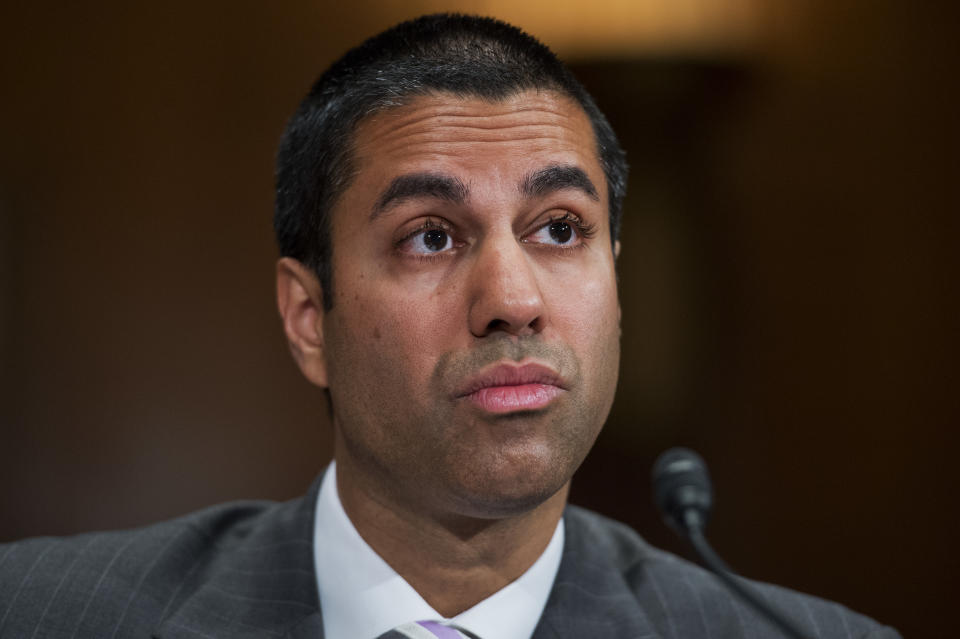FCC Spectrum Auction Scores $19.6B, Including $10B For Broadcasters

TV station owners are due to collect about $10 billion, with an additional $7 billion going to the U.S. Treasury, as the FCC today completed the most important steps of its seemingly endless, and endlessly complicated, auction of broadcasters’ airwave spectrum.
Wireless broadband providers committed $19.6 billion for about 70 MHz of spectrum. Some additional spectrum that broadcasters agreed to relinquish will be used for other, technical purposes, and part of the proceeds will cover administrative costs.
The costs will include work the FCC now must do to repack the spectrum — a multiyear process that will involve moving TV channels and other services to different frequencies that use the airwaves most efficiently.
The auction isn’t completely over: Wireless broadband companies have indicated how much they plan to spend but still have to bid for particular blocks of spectrum.
Still, with the basic parameters of the process established, FCC Chairman Ajit Pai vowed to “ensure uninterrupted access to over-the-air television and a timely clearing of the new wireless band. We will devote a great deal of attention to those tasks over the coming months, and it will be a top priority of mine as Chairman of this agency.”
The National Association of Broadcasters also wants the FCC to “turn greater attention to developing a transition plan that will protect viewers and treat all stakeholders fairly.”
The auction has been a front-burner issue for the industry since 2011. The Obama administration wanted to free up spectrum as wireless broadband providers warned they might not have the capacity to satisfy consumers as they increasingly turned to portable devices to stream videos, data and entertainment.
Broadcasters were reluctant to give up spectrum, even though the vast majority of their viewers receive programming via cable or satellite.
The FCC arranged a so-called reverse auction to determine how much broadcasters would need to collect to relinquish some of the airwaves they use. Wireless broadband providers participate in the forward auction that establishes how much they’re willing to pay.
Several station groups including Fox, Tribune Media and Gray Television disclosed this week how much they expect to see from the process.
Today E.W. Scripps said it will receive nothing because “prices available in the auction fell below the value we ascribed” to its spectrum.
FCC Commissioner Michael O’Rielly says that “we don’t have a failed auction on our hands,” but chided the previous commission — under former Chairman Tom Wheeler — for making “some assumptions that were far off the mark” about the marketplace.
Related stories
Tribune Media To Collect $190M From FCC Spectrum Auction
Fox Television Says It Will See $350M From FCC Spectrum Auction
FCC Unveils Policy Changes Favoring Telcos, TV Stations And ISPs
Get more from Deadline.com: Follow us on Twitter, Facebook, Newsletter


